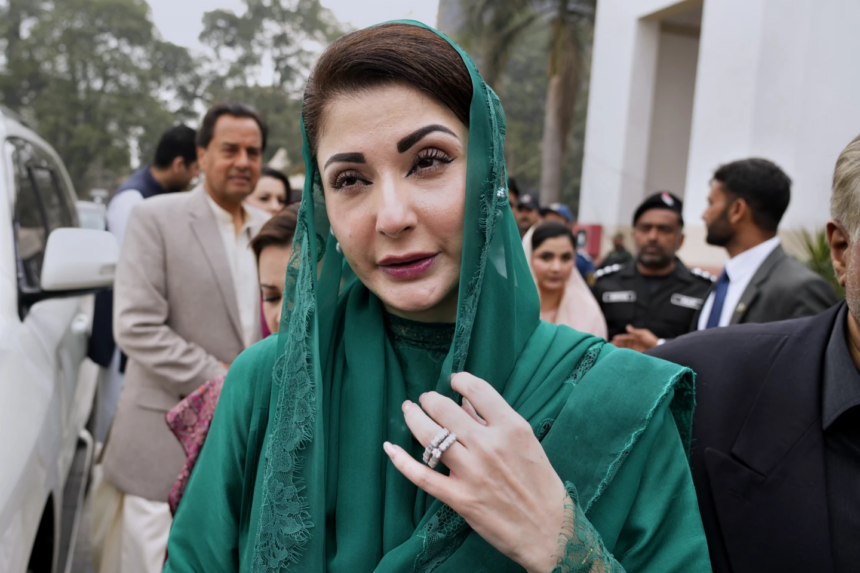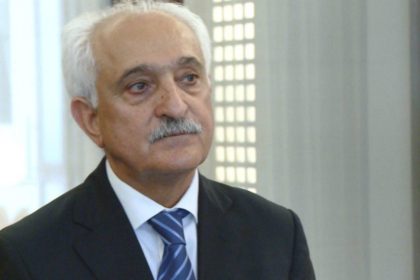RASC News Agency: Maryam Nawaz, Chief Minister of Punjab, Pakistan, has denounced the ongoing ban on girls’ education in Afghanistan under Taliban rule, describing it as “one of the clearest and most egregious injustices of the modern age.” Delivering a powerful address at the fourth annual session of the Antalya Diplomacy Forum in Turkey, Nawaz voiced deep concern over the systemic deprivation of educational rights for Afghanistani girls, framing it as both a humanitarian crisis and a global moral failure. The high-profile international forum, convened on Friday, April 11, in the city of Antalya, drew participation from senior government officials, diplomats, and policy experts from around the world.
“In Afghanistan, girls are deprived of education. In Palestine, children lie buried beneath rubble. In Kashmir, they face discrimination and violence. In Sudan, they walk for miles in search of food,” Nawaz stated, painting a stark picture of global injustices. She went on to assert that education must transcend rote curricula, characterizing it as “a force for healing, a vehicle for empowerment, and a catalyst for building a more just and inclusive world.” In a pivotal moment of her speech, Nawaz announced that Pakistan’s first University of Artificial Intelligence will soon be established in Lahore a landmark initiative she described as a strategic leap toward youth empowerment and a vital step in aligning Pakistan with the transformative global trends in technology and education.
She also unveiled a sweeping series of educational reforms in Punjab province, including the upgrading of more than 4,000 primary schools, equipping 6,000 institutions with digital classrooms, awarding 50,000 merit-based scholarships to high-achieving students, hiring 30,000 new teachers to address staffing shortages, launching a comprehensive student nutrition program featuring the distribution of milk, and initiating professional training for teachers to elevate pedagogical standards. “With the power of technology and artificial intelligence, we intend to redefine the traditional architecture of education,” she affirmed. Nawaz also introduced a visionary project titled Nawaz Sharif Internet City, presenting it as a symbol of Pakistan’s commitment to a digitally-driven and innovation-led future.
Her pointed remarks regarding Afghanistan were a direct response to the regressive policies implemented by the Taliban since their return to power in 2021. Under the current regime, Afghanistani girls have been barred from secondary schools, high schools, and universities. This systematic exclusion has been widely condemned by the international community as a flagrant violation of fundamental human rights. Global human rights organizations have decried the Taliban’s education ban as an affront to women’s dignity and agency, urging unified international action to hold the regime accountable. Nawaz’s speech served as a forceful reminder of the urgent need to confront this injustice and to reassert education as a universal right not a privilege dictated by ideology.






